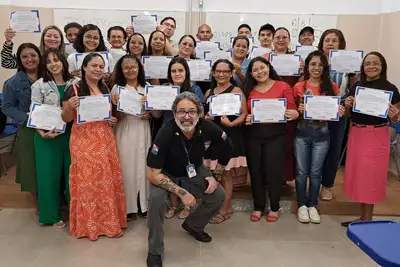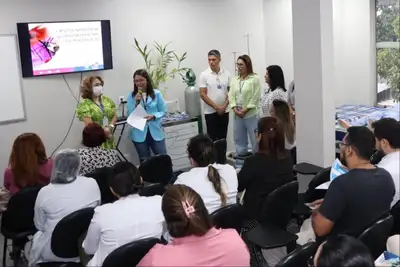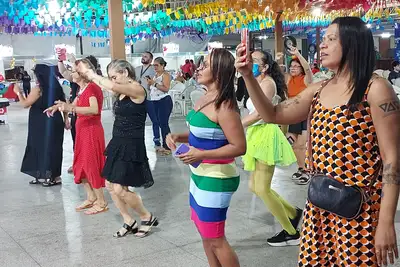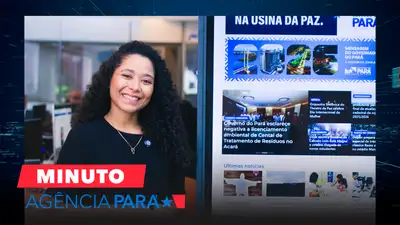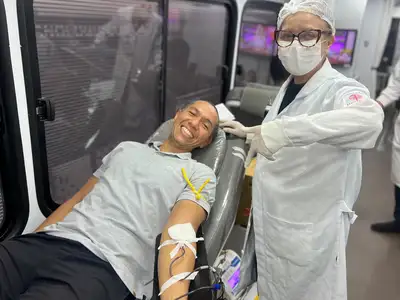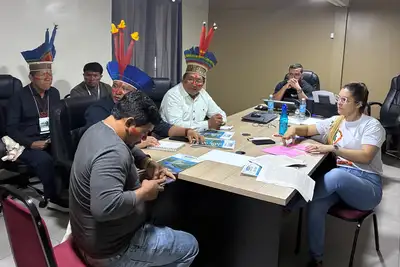Medical Assistance Posts for COP30 start operating on Tuesday (4)
The structure will ensure low-complexity emergency care during the events of the global conference in Belém
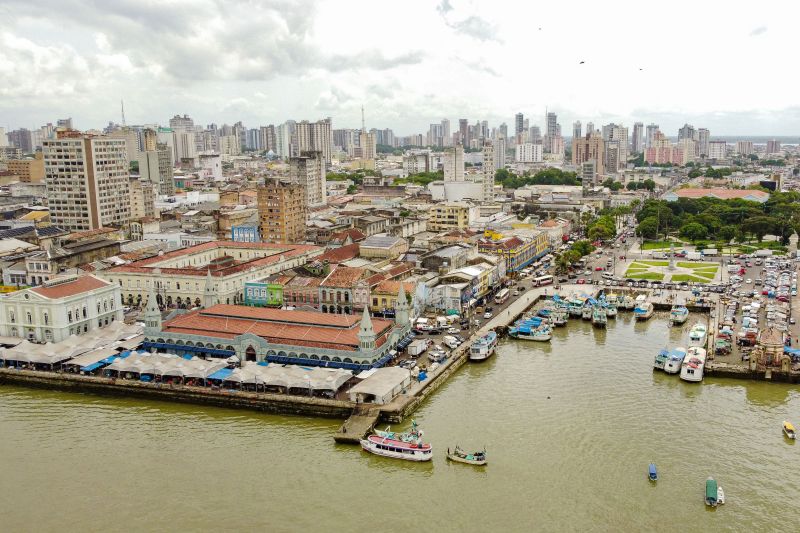
Starting this Tuesday (4), the first Medical Assistance Posts (PAMs) supporting the 30th United Nations Conference on Climate Change (COP30) will begin operating in Belém. The initiative aims to provide low-complexity emergency care to participants of various events related to the conference and the general population.
Two mobile units will start operations: one located around the Estação das Docas and Ver-o-Peso, and another in front of the São Brás Market, remaining in these locations until November 22. From the 5th, the PAMs from the Usinas da Paz in Guamá, Terra Firme, Cabanagem, and Bengui will begin operating, equipped with medical and dental offices.
Indigenous peoples will have a specific assistance post, located in the COP Village, at the Application School of the Federal University of Pará (former NPI), on Avenida Perimetral, which will operate from November 8 to 21.
UFPA will have Assistance Posts
Specific assistance posts will also be activated for audiences and events in the COP30 program. Between November 10 and 23, there will be a Medical Assistance Post at the UFPA Mirante, aimed at the Peoples' Summit. In addition, a post will operate at the accommodation for participants of the Summit, on Avenida Alcindo Cacela, from November 11 to 16; and a support post for the Childhood Summit at the Institute of Applied Social Sciences of UFPA (ICSA), from November 10 to 16.
According to the coordinator of the Health for All Pará Program, Marilda Braga, the posts will have the structure for low-complexity emergency care and referrals, when necessary, to medium-complexity units. “At each post, there will be teams of about ten professionals per shift, ready to assist not only the participants of events related to COP30 but also visitors and residents who need emergency assistance,” she explained.
The actions are coordinated by the State Department of Public Health (Sespa) and involve the work of servers from the “For All Pará” program and various directorates of the department, including the Directorate of Comprehensive Health Care Policies (Dpais), the Health Surveillance Directorate (DVS), the Directorate of Development and Audit of Health Services (DDASS), and the 1st Regional Health Center.
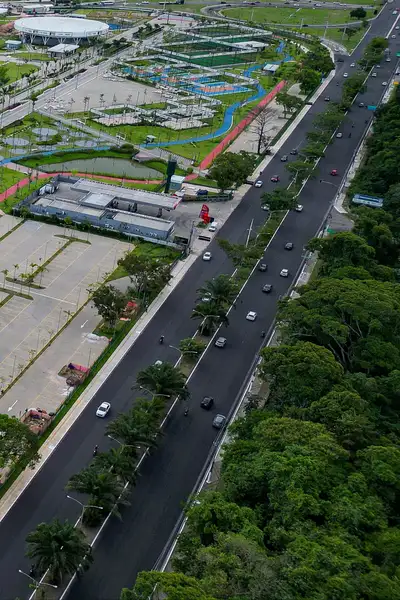
Parque da Cidade will also provide assistance
In the official spaces of COP30, the assistance will follow protocols already defined and used in large international events. Participants will be welcomed at the Medical Assistance Posts installed in the Blue and Green Zones, which will serve as triage and first aid points, in Parque da Cidade. According to Sespa, if specialized care is needed, patients will be transported by ambulances to the reference hospitals defined by the Regulation Center, according to the severity and clinical profile of each case.
The system was planned to ensure quick and safe responses, with organized flows and integration among teams. From November 3 to 8, in support of the Leaders' Summit, the Blue Zone will have two Medical Assistance Posts (PAMs), one with a 24-hour shift and the other with a 12-hour shift.
During the main period of COP30, from November 9 to 22, three PAMs will operate, one with a 24-hour shift and two with a 12-hour shift, in addition to a mobile team.
In the Green Zone, a Medical Assistance Post will operate from November 9 to 22, with a 12-hour shift and a mobile team. All PAMs will have two ambulances each for transport, one for basic life support and another for advanced support.
The structure reinforces the commitment of the Government of Pará to the safety and well-being of participants and visitors of COP30, ensuring humane, agile, and integrated care with the state health system.




